No human being is illegal
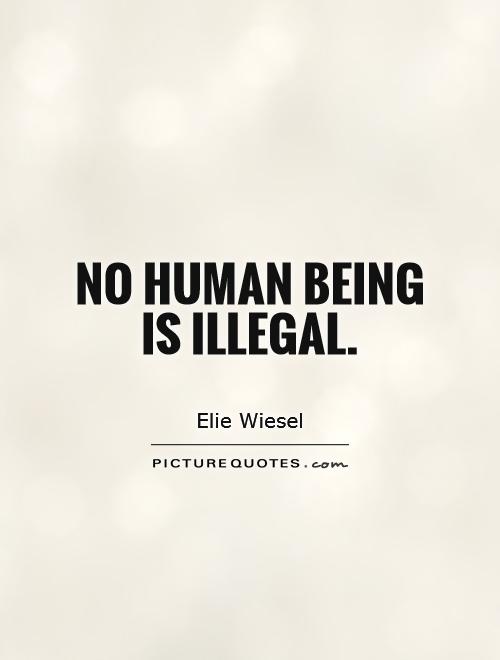
No human being is illegal
Elie Wiesel, a Holocaust survivor and Nobel Peace Prize laureate, was a staunch advocate for human rights and dignity. Throughout his life, he spoke out against injustice and oppression, using his own experiences as a survivor of the Nazi concentration camps to shed light on the atrocities committed against humanity. One of the key messages that Wiesel often emphasized was the idea that "no human being is illegal."This powerful statement challenges the dehumanization and marginalization of individuals based on their immigration status. Wiesel understood firsthand the consequences of labeling people as "illegal" or "undesirable," as he himself was targeted by the Nazis simply for being Jewish. He recognized the danger of reducing individuals to mere labels, stripping them of their humanity and denying them their basic rights and dignity.
In the context of Wiesel's teachings, the phrase "no human being is illegal" serves as a reminder that every person, regardless of their background or circumstances, deserves to be treated with respect and compassion. It calls attention to the inherent worth and value of every individual, regardless of their legal status or nationality.
Furthermore, Wiesel's advocacy for the rights of refugees and immigrants reflects his belief in the importance of standing up for those who are marginalized and vulnerable. He understood the importance of empathy and solidarity in the face of injustice, and he believed that it was our moral duty to protect and support those who are in need.
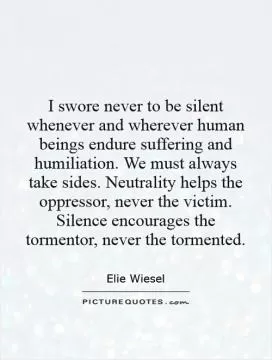
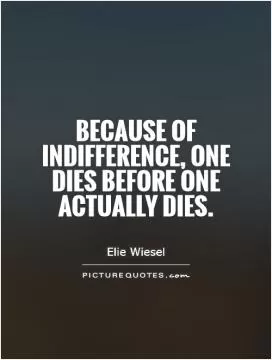



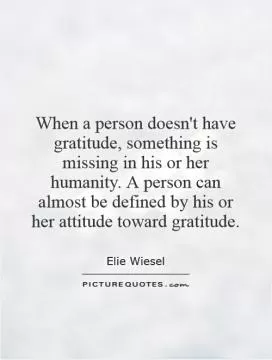



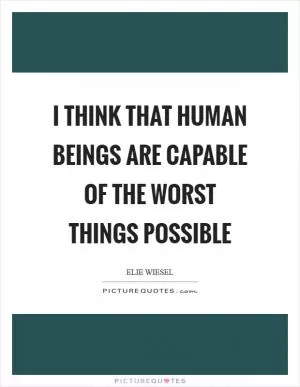


 Friendship Quotes
Friendship Quotes Love Quotes
Love Quotes Life Quotes
Life Quotes Funny Quotes
Funny Quotes Motivational Quotes
Motivational Quotes Inspirational Quotes
Inspirational Quotes